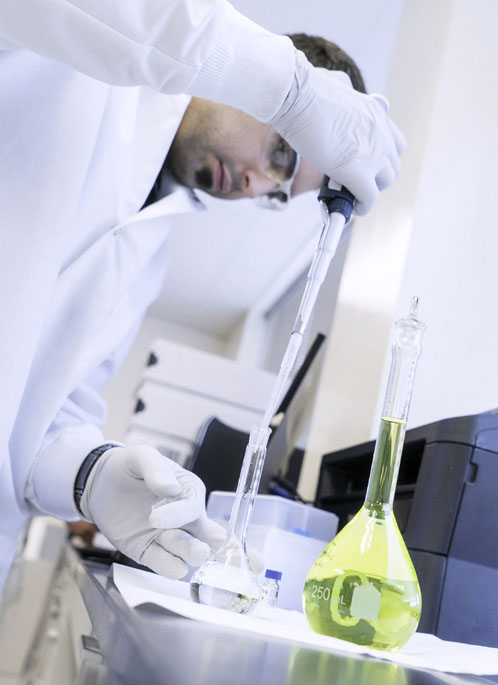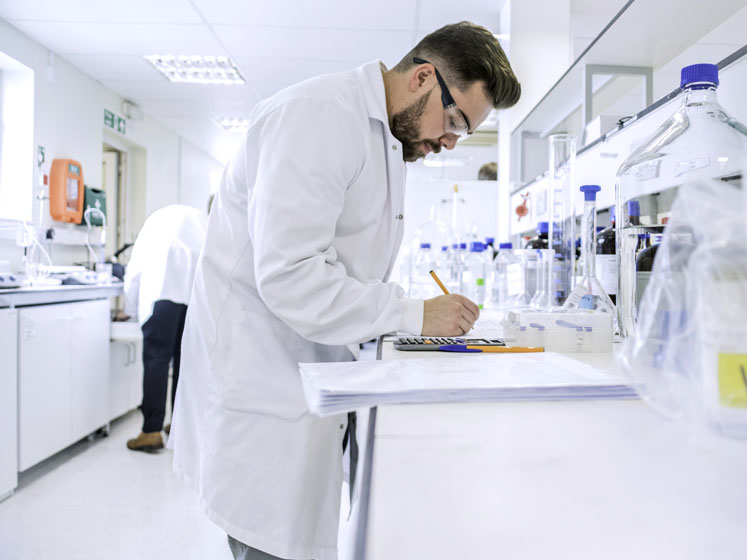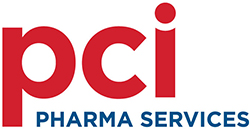KSR: What are the key elements of analytical method development and why is it so important to get it right?
AB: Understanding the development objective and gathering relevant data is fundamental. Should the method initially be suitable to analyse the drug substance (DS), for example, with the potential to develop it at a later stage for the drug product (DP)?
And what is the basic chemistry of the DS? Is there any existing information — such as degradation products or other expected peaks of interest, solubility data, acid dissociation constant (pKa), molecular structure/stability, etc. — that can be utilised?
Searching for existing pharmacopoeial methods for the DS or similar molecules to allow adaptation and optimisation of any existing methods is a common approach; it can reduce development timelines and achieve greater speed to clinic.
An analytical target profile should be prepared to clearly outline the requirements of the method and it’s important to establish a structured method development procedure.
This is to ensure that they are fit for purpose, provide the required data for product development support and enable validation to the correct product phase according to ICH guidelines for clinic or market release.
Methods should also be stability indicating if they’re to be used to generate the data that determines the product’s shelf-life.
Additionally, methods should be well-developed from the outset, with a view to having a long lifecycle without any major changes; redevelopment at a later stage can be costly, time-consuming and have an impact on regulatory submissions.
KSR: What capabilities should a CDMO be able to offer for analytical method development and how might a sponsor organisation benefit from outsourcing such services?
AB: It almost goes without saying, but a well-equipped laboratory is essential. This would ideally include different models of HPLC/UPLC systems for method robustness, dissolution apparatus, viscometers, spectrophotometers, Karl Fischer titration equipment, physical testing equipment, balances and so on.
The ability to handle high potent materials — based on the availability of safety equipment and the appropriate knowledge and experience — is also beneficial.

A highly trained analytical team with an innate ability to troubleshoot and provide solutions to overcome any method development issues that may arise is a must have.
The main benefit to sponsors is knowing that their method development is in good hands. An experienced team, working with modern equipment in an industry leading CDMO with decades of experience, means that sponsors and clients can be guided through the process in a timely manner.
This is especially useful when the CDMO has extensive knowledge of dosage forms that can prove to be more troublesome, such as ointments, creams, suspensions or low dose drug products.
KSR: Could you outline some best practices to select the right CDMO for analytical method development?
AB: Drawing from the previous point, some important questions to ask of your potential CDMO partner in terms of analytical development capabilities include the following.
-
What is their previous practical experience in terms of developing methods for a particular dosage form?
-
How many successful validations have they performed within the past 5 years as a result of initial method development?
-
What is their available equipment (make, models and number of units)?
-
How much available capacity do they have? This would relate to the laboratory’s availability to start work, the resources available for allocation and an agreement regarding the project expectations. This helps to ensure that the CDMO is able to deliver, for example, summary development reports or copies of raw data.
-
Is the CDMO able to handle the compound in question, such as highly potent/cytotoxic formulations?
If your CDMO has invested in their in-house analytical services, this is a strong indicator of how dedicated they are to reinforcing it as a key service offering.
CDMOs that are able and willing to make such investments are also committed to providing end-to-end solutions for their clients, limiting the amount of additional outsourcing that may be required during a drug development lifecycle.
Prior to onboarding a new project involving analytical method development, the CDMO partner would likely ask a series of questions too. These may include the following.
-
Is there any available data to review in relation to the physical and chemical properties of the DS?
-
What information does the client have regarding potential dosage form, strength, formulation and the phase of drug development?
-
Is any previous analytical information or methodology available? This can be particularly useful if/when a client requires method development for a DP that may already have DS methods available to share (which might include forced degradation data). This can be utilised to reduce the DP method development timelines.
KSR: What regulatory considerations should be considered to assure the sponsor organisation that the CDMO remains compliant with relevant authorities?
AB: Successful method development must deliver a process that is fit for purpose and able to be validated according to ICH guidelines.
It must be specific, accurate, reproducible and robust for the analysis of the drug substance or the drug product.
Additionally, there must be clear, detailed and structured standard operating procedures (SOPs) relating to both the method validation procedure (again adhering to ICH guidelines) and SOPs to record and investigate OOE/OOS results obtained during regulatory compliant method validation.
The criteria set in validation protocols must also follow the relevant regulatory guidelines with approval from analytical technical personnel, quality assurance and, ultimately, the client.

Lastly, clients should consider the CDMO’s previous experience in terms of developing and validating methods for drug products destined for the intended markets. Experience of successfully adhering to that region’s predominant regulatory authority is important.
KSR: Is it more beneficial to use a single partner to outsource analytical method development?
AB: This depends on the requirements of the individual project. For example, it might be possible for the majority of method development to be done by one provider; however, specialised testing may be required — such as XRPD, particle size analysis or Franz cell analysis — which is more unique and may require the services of a particular laboratory to perform method development for certain aspects.
Selecting a CDMO partner that is able to perform the majority of the method development and validation activities, whilst outsourcing any specialised aspects of the DS/DP analysis to an approved third-party, can be beneficial.
The CDMO partner would have overall responsibility for the project requirements, with maybe one or two specialised activities conducted by a laboratory with more specific technical experience or available analytical equipment.
With the CDMO partner overseeing every aspect of analytical method development, whilst performing the vast majority in-house, this provides clients with a more robust, end-to-end service, which is critical when striving for speed to clinic, approval and commercial launch.

